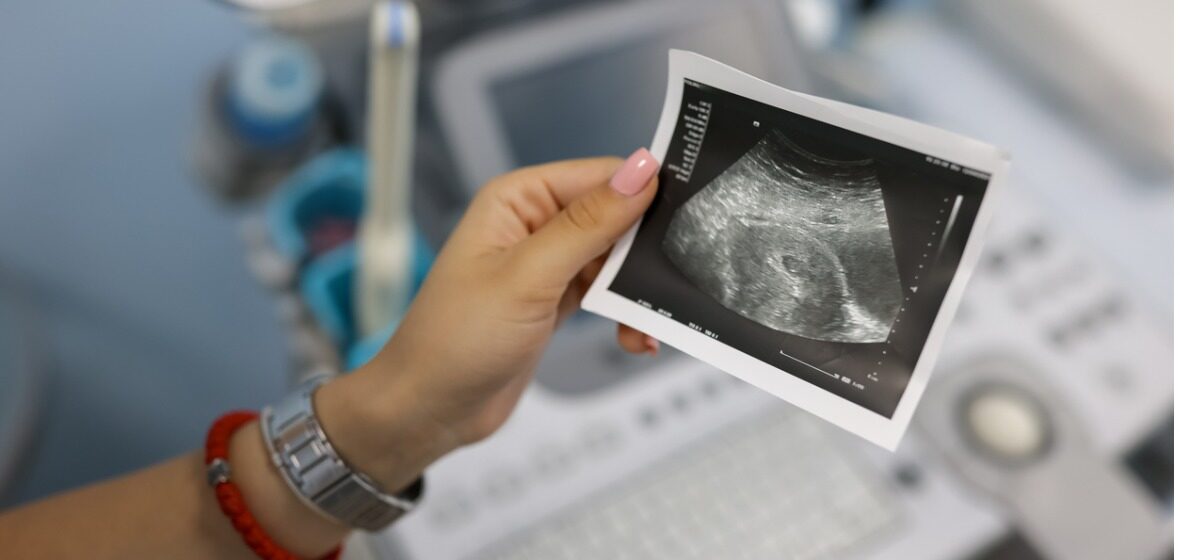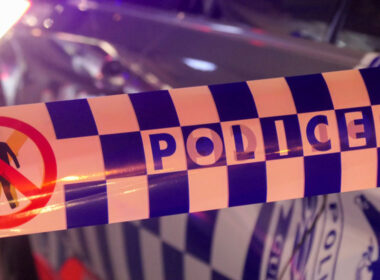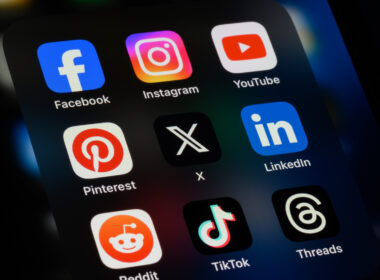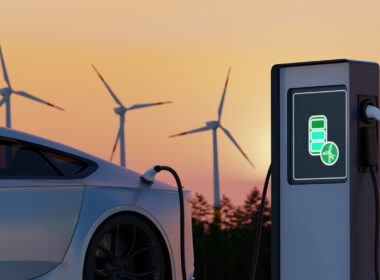The regulation of sperm and egg donations in Australia varies from state to state. While Victoria, SA, WA, and NSW all have established centralised donor registers, both Queensland and Tasmania currently have no legislation governing donor conception.
In NSW, the Assisted Reproductive Technology Act came into effect in 2010 which established the Central Register in NSW. This made it mandatory to register information in relation to births resulting from assisted reproductive technology treatment after 1 January 2010.
Professor Fiona Kelly, Dean of La Trobe Law School and a specialist in family and health law, explained there is no centralised national donor register in Australia because health is largely a state power under the Constitution.
“At the moment there is no easy way to create a national register because all the states would either have to agree to pass the same legislation that creates a national register,” said Kelly.
“Or they would have to hand their power over to the Federal Government because it doesn’t have power over health.”
Kelly has spent 15 years researching the regulation of assisted reproduction and donor linking. She said that in states where there is legislation the rights of donor conceived people are determined by that legislation.
“Victoria, for example, has the most expansive legislation,” said Kelly.
“Since 1998, donor conceived people have been able to prospectively access their donor’s identity,” she said.
“However, in 2016 the law was amended to apply retrospectively, which gave all donor conceived Victorians access.”
In states where there is no legislation, the National Health and Medical Research Council (NHMRC) Ethical guidelines on the use of assisted reproductive technology in clinical practice and research (ART guidelines) apply. According to the guidelines, any child conceived after 2004 is entitled access to their donor’s identity when the child turns 18.
“The NHMRC guidelines are not legally enforceable, but they are quite powerful in the sense that they’re part of the registration process for clinics,” said Kelly.
The states also differ in terms of who manages the central register. In NSW, it is managed by a government department, while in WA and Victoria, it is managed by statutory authorities which also offer other services such as counselling.
“In WA and Victoria, they also have voluntary registers where you can sign up to potentially meet donor siblings, which is not a legislative right but by mutual consent,” said Kelly.
Following a parliamentary inquiry in 2022, the Queensland Government agreed in principle to legislative changes that would provide donor conceived people greater access to their genetic history.
“Queensland has had nothing for a very long time,” said Kelly.
“The government has accepted all the recommendations of the committee, which would include a Victoria-like retrospective register process.
“If they introduced it, they would become, along with Victoria, sector leaders.”
Queensland Attorney-General Shannon Fentiman acknowledged that many Queensland couples and individuals had been able to start or extend their family through donor conception.
“We must not lose sight of the unique needs of those who have been conceived through this process,” said Fentiman.
“Allowing donor-conceived people to access their genetic origins will enhance their well-being and allow them to manage their health appropriately.”
Aimee Shackleton, Donor Conceived Australia (DCA) National Director, welcomed the recommendations after more than three decades of robust community advocacy.
“Queensland donor-conceived people have the same rights to their medical and family history as any other Australian, including the option for facilitated contact with donors and siblings, with the consent of both parties,” said Shackleton.
“DCA is encouraged that the Queensland Government supports protecting these rights for donor-conceived people, similar to those in other Australian States and Territories.”
Kelly explained that the strongest argument in favour of making donor information available is to help donor conceived people form their identity.
“A substantial number of donor conceived people find that not knowing one half of their biological history makes identity formation difficult or complicated,” she said.
A substantial number of donor conceived people find that not knowing one half of their biological history makes identity formation difficult or complicated.
Professor Fiona Kelly, Dean of La Trobe Law School
Kelly said that knowing ones medical history becomes particularly important at certain points in people’s lives such as the onset of a serious illness or when people have their own children.
“Consanguinity is another issue. Though the risk of having a sexual relationship with a donor sibling is not high, it weighs on the minds of donor conceived people,” she said.
“In addition, the number of stories where people have encountered donor siblings inadvertently is quite extraordinary.”
Donors are not afforded the same rights as donor conceived people. In most states, donors are entitled to an “audit” of their donor offspring which includes the year of birth and sex of the child.
“In Victoria, donors also have legislative rights to apply for the identity of their offspring however there’s a consent requirement,” said Kelly.
“When a donor requests that information, each of their donor conceived offspring is notified and they have to give their consent before any information is released,” she said.
This aspect of Victorian law has created challenges in cases where people did not know they were donor conceived.
“They’re often finding out from the Victorian Assisted Reproductive Treatment Authority (VARTA) that they were donor conceived,” said Kelly.
Comparatively, Australia is one of the most progressive jurisdictions in the world when it comes to regulating donor conception.
“Victoria, I would argue is the most progressive jurisdiction in the world,” said Kelly.
“There’s only one other jurisdiction that has retrospective legislation and that’s Switzerland but by the time they introduced it they’d destroyed all the records, so it was completely empty legislation.”
In the United States, there is currently no register or regulation of donor conception. It’s up to the fertility clinics to determine how many offspring are conceived from a single donor and there’s no reporting requirement.
In the Netherlands, the focus tends to be on sibling connections as the government facilitates sibling groups to meet up.




